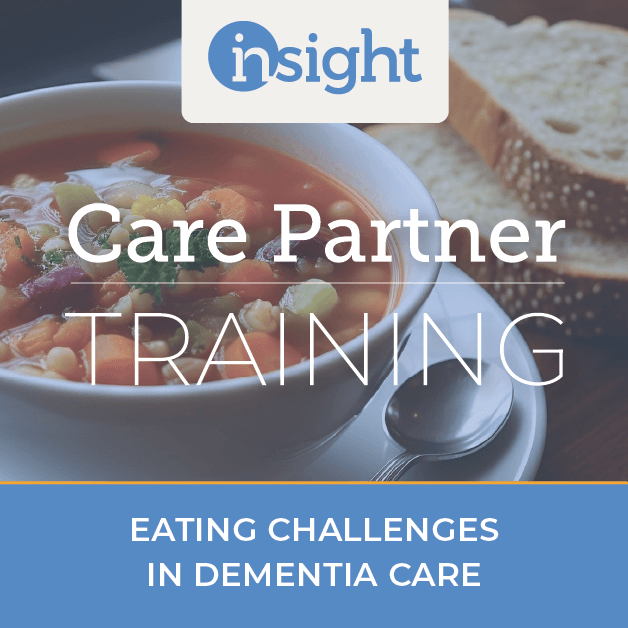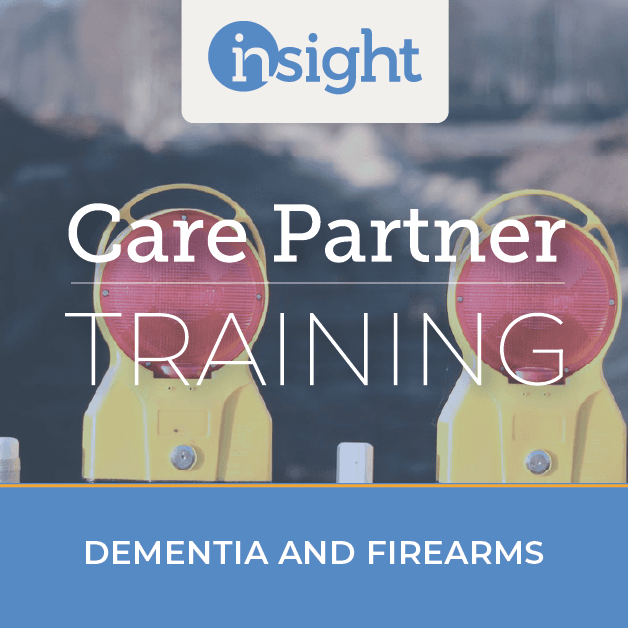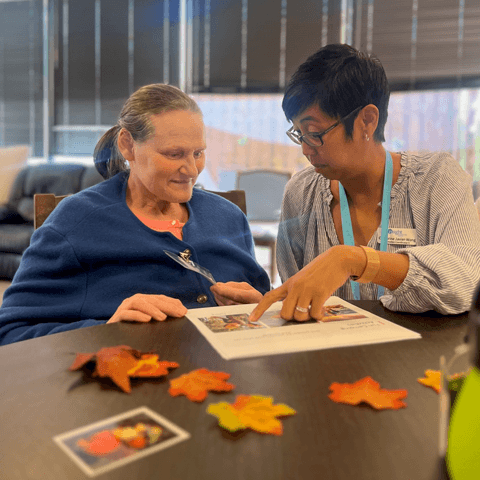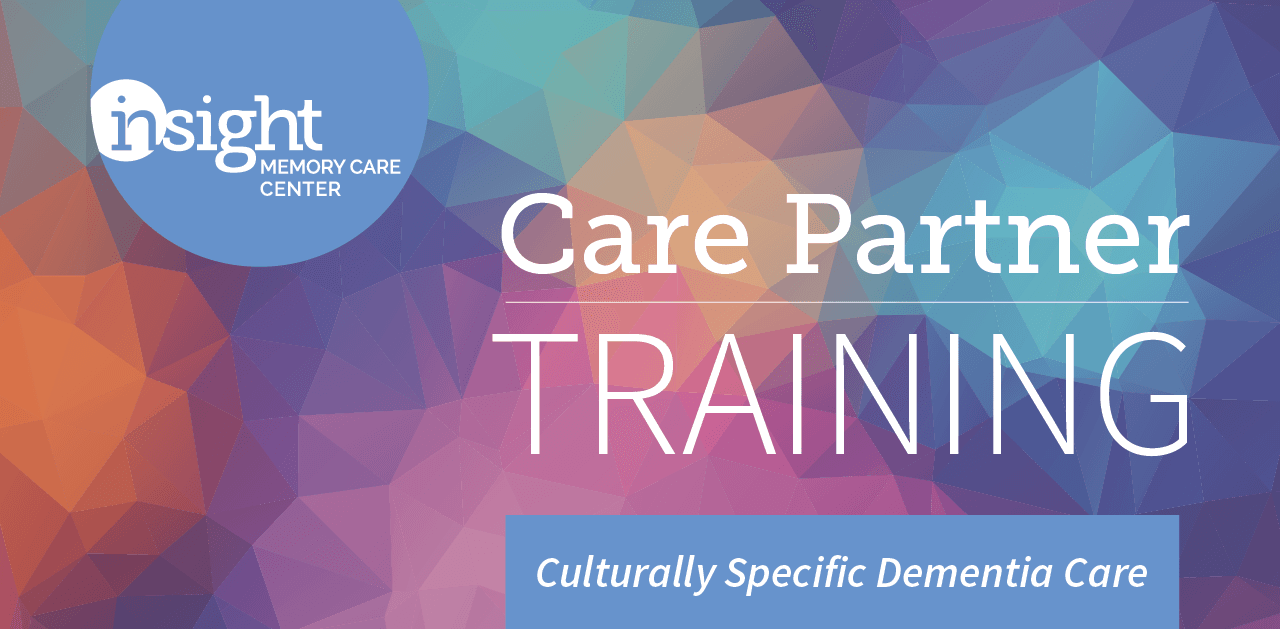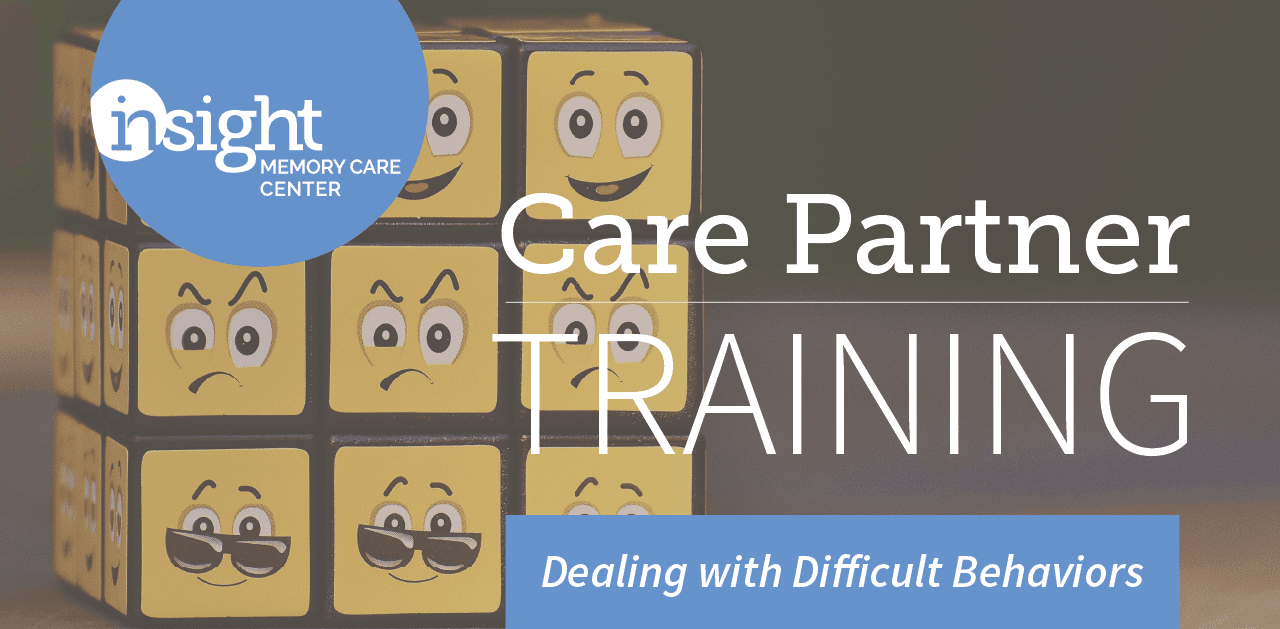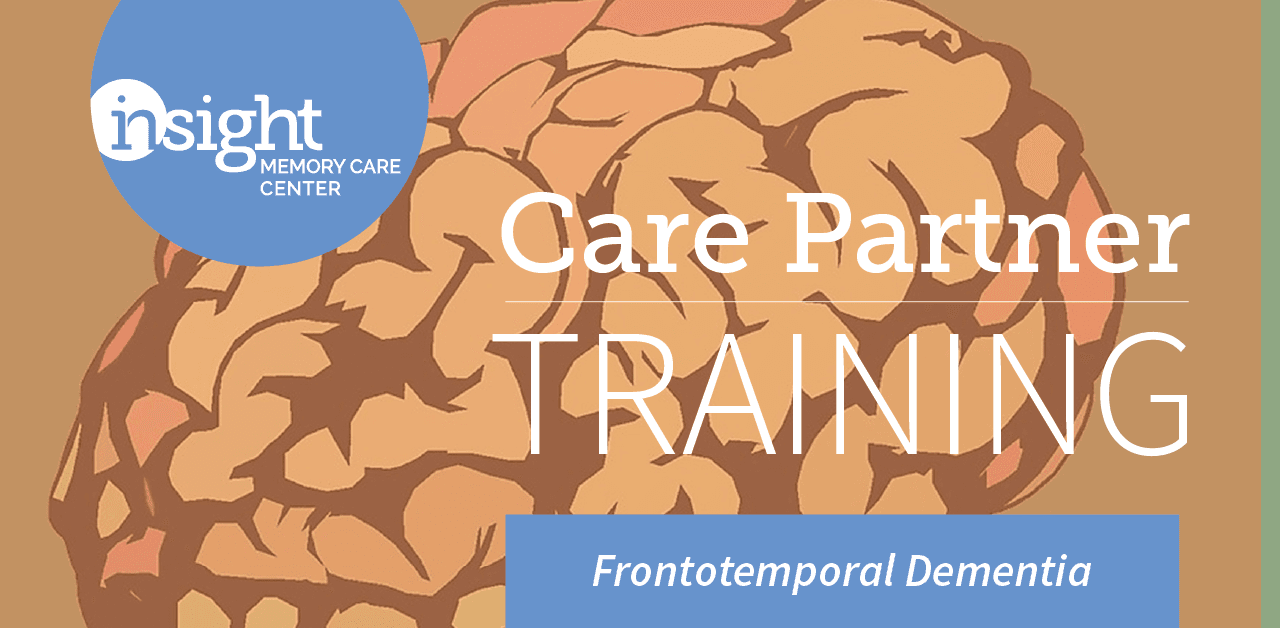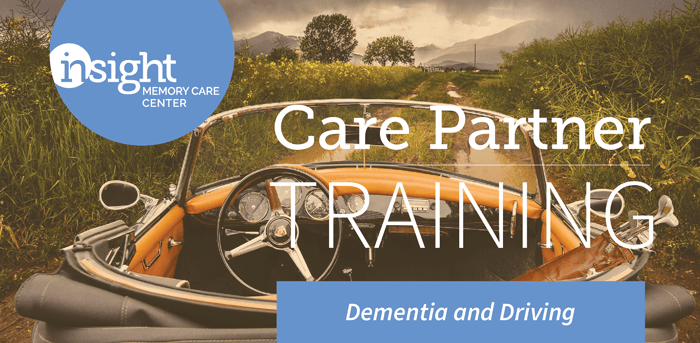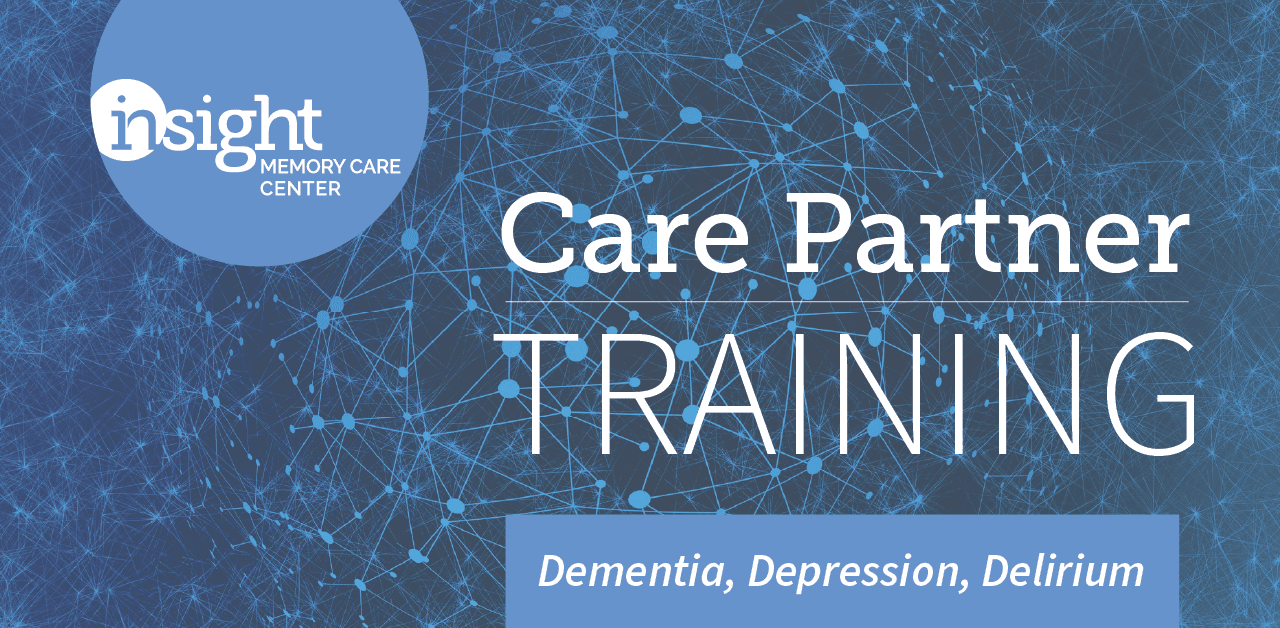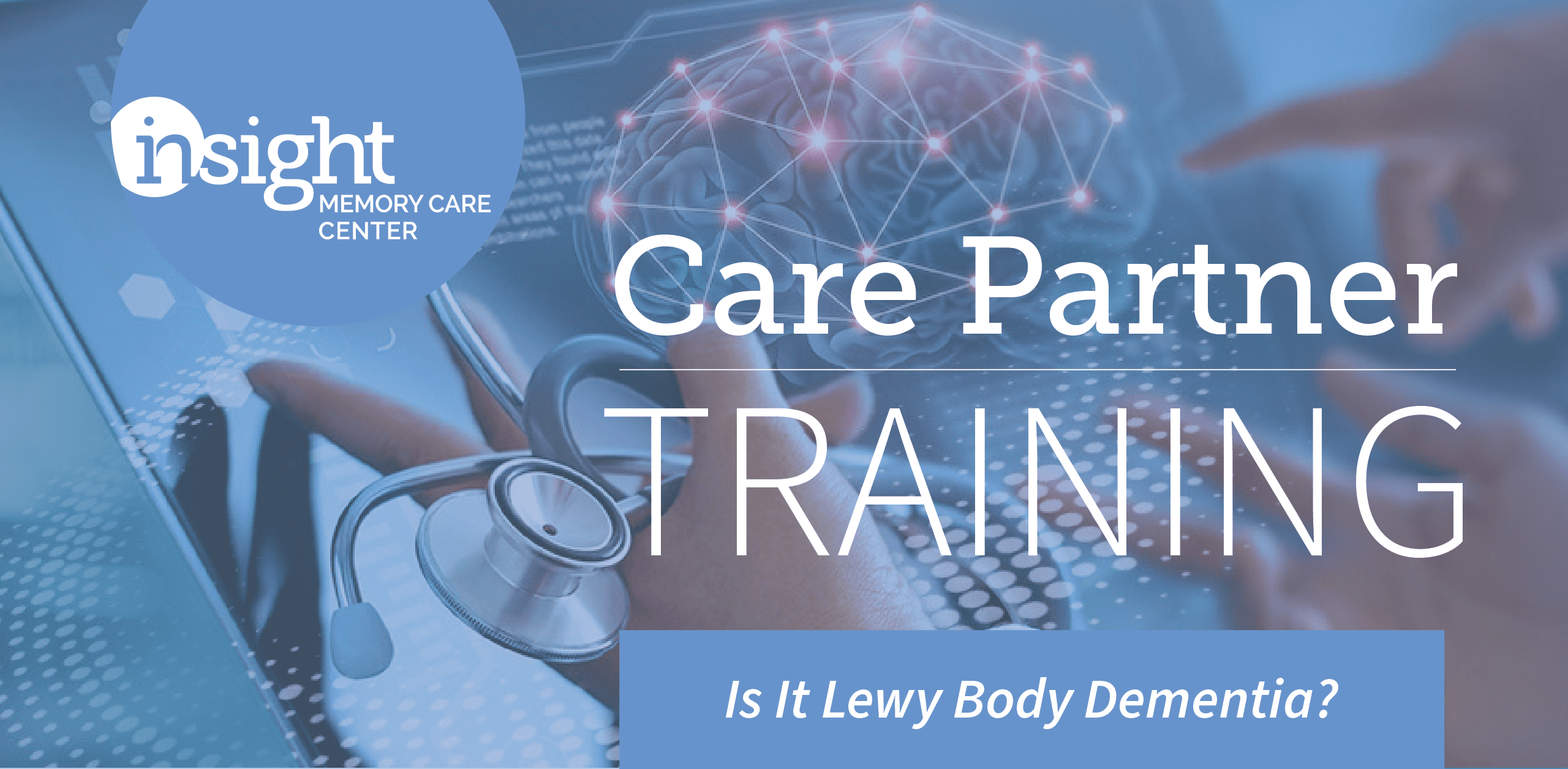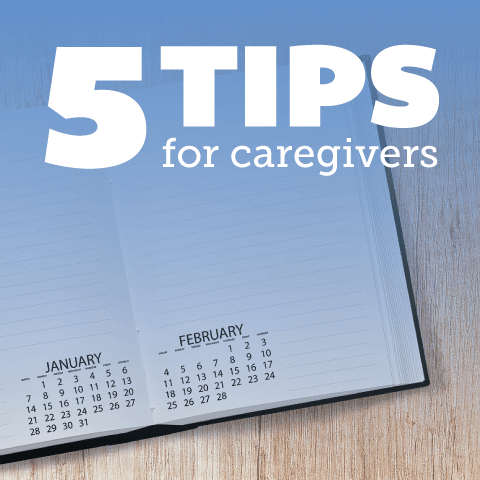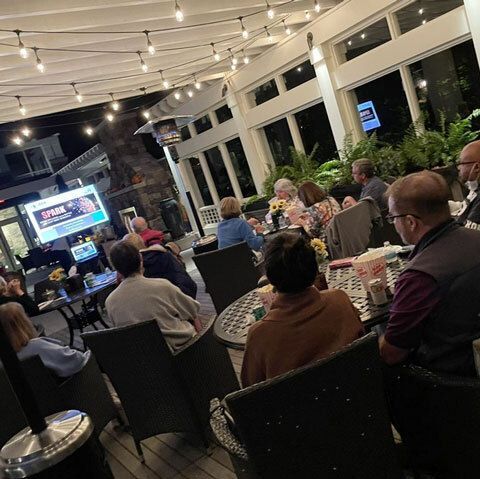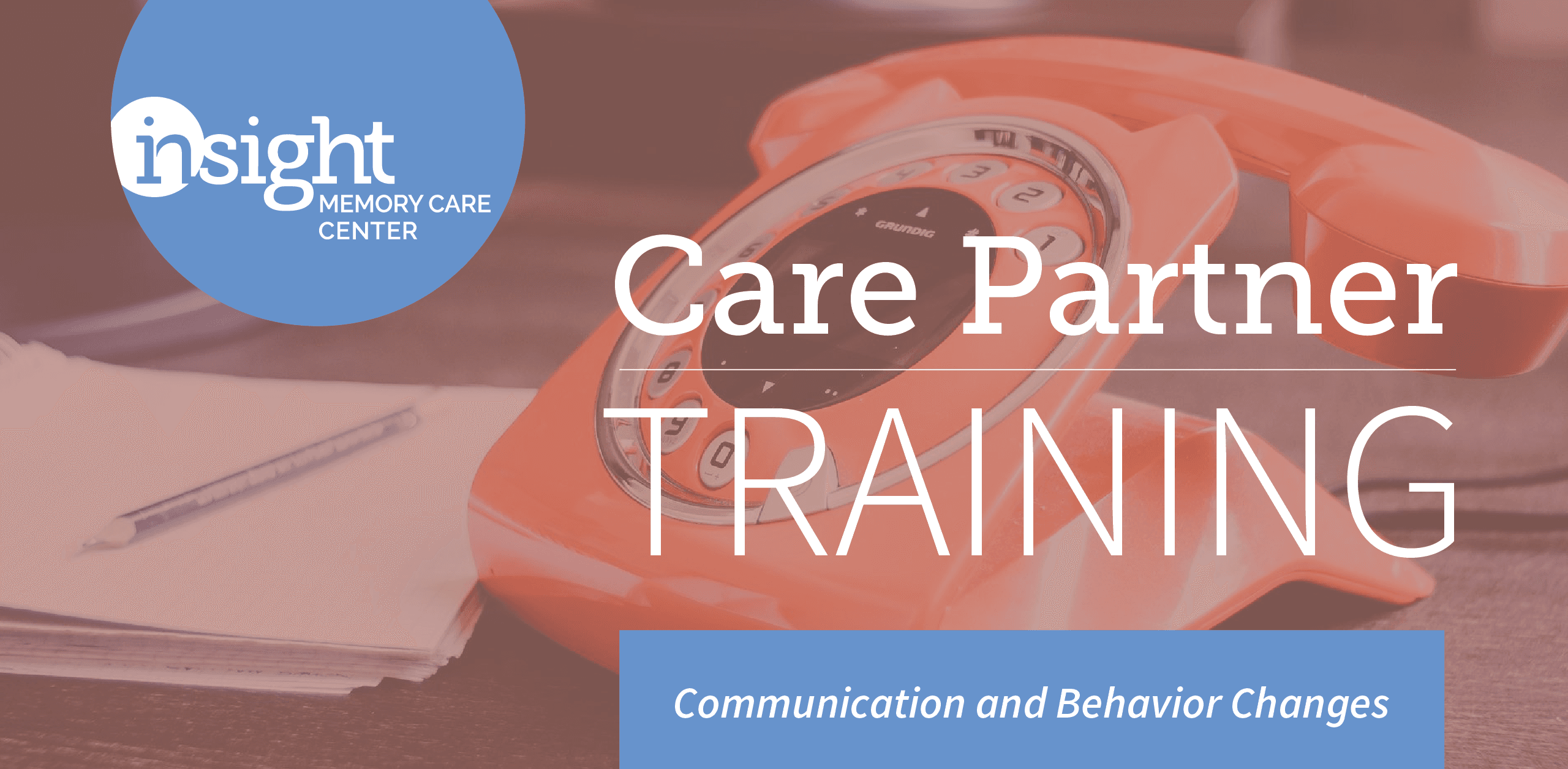Resources By Topic
Communication & Behaviors
We will explore the various factors that affect eating in individuals with dementia, including cognitive, sensory, and swallowing changes. This session aims to equip caregivers with practical tools to support those experiencing eating challenges due to dementia.
Dementia-related illnesses can impair a person’s senses and abilities to perform complex tasks—such as operating a firearm—safely, putting both their own safety and the safety of others at risk. However, the loss of independence in activities they've done for many years can be a challenging and emotional experience. This presentation will guide caregivers on how to handle these sensitive situations with respect, ensuring the safety of both themselves and their loved ones.
For a person with dementia, open ended questions can feel overwhelming. Offering choices can help guide conversations, and lead to further discussion and reminiscing. Try "would you rather..." to get your next conversation started! Read on to learn more and download printable conversation starters.
We look at the importance of creating social circles in the LGBTQ community while navigating dementia. Being LGBTQ and living with dementia and/or caring for someone with dementia brings many unique challenges to the journey. Join us to discuss the importance of creating social circles of support and strategies for doing so. We will also identify community resources to support caring for someone living with dementia.
Many people have been to a café, and most are relatively familiar with the term memory – but have you heard of a memory café? Far from a restaurant that makes you memorize a long list of menu items, memory cafés are primarily social gatherings where individuals with memory impairment and their caregivers can join together in a safe, supportive environment, share conversation over a cup of coffee, or participate in fun, simple activities with the group. It’s an opportunity to meet with others for support, companionship, and fun - learn more!
Dementia does not discriminate - it affects people of all cultures and backgrounds. People’s backgrounds and beliefs inform their sense of self, how they understand, feel about, and respond to other people and their environment - including diagnoses, health and care organizations and their staff. It is important to know how to best provide care to meet one's needs while recognizing their cultural values and beliefs. Join us for an in-depth training on cultural specific care and how you can meet the person where they are with their needs.
Caring for a loved one with dementia poses many challenges for families and caregivers. People with dementia from conditions such as Alzheimer’s and related diseases have a progressive biological brain disorder that makes it more and more difficult for them to remember things, think clearly, communicate with others, and take care of themselves. In addition, dementia can cause mood swings and even change a person’s personality and behavior. We will look at practical strategies and medications (if needed) for dealing with the troubling behavior problems and communication difficulties often encountered when caring for a person with dementia.
What is frontotemporal degeneration (FTD)? Did you know it is the most common form of dementia for people under the age of 60? Learn more about FTD, including the signs and symptoms, how it differs from other dementias, and the resources available locally and through AFTD.
It’s important to gather as much information from your doctor as you can. Asking the right questions can help you navigate your appointments and this journey. Check out a neuropalliative specialist's recommended list of questions to ask your neurologist.
We can all use a helpful tip or two! Here are a few strategies that can be used to improve cognitive health and mental well-being for people living with Mild Cognitive Impairment (MCI) or dementia.
In the early stages some people are able to keep driving, but as memory and decision-making skills decline they need to stop. What makes this especially hard is that people with dementia often do not know they are having driving problems! Family and friends need to monitor the person’s driving ability to decide when it’s time to give up the keys. Learn more about driving assessments and other options to keep everyone safe on the road.
Dementia, depression, and delirium can have many overlapping symptoms that can be hard to distinguish as a care partner. Both delirium and depression can cause cognitive changes that can easily be mistaken for dementia – but they can be treated differently to help your loved one significantly! Learn more about these 3 Ds and how to work with your physician to tell the difference.
Dementia gradually diminishes a person’s ability to communicate. Communication with a person with dementia requires patience, understanding and good listening skills. Learn more about effective communication strategies in dementia care.
Health disparities can have a profound, negative effect on public health in the United States, entire populations and its individual communities. Dementia care and support services can vary widely depending on race, ethnicity, geography, and socioeconomic and political factors. The ability for a person to get a timely diagnosis, manage the disease, and be able to access quality health care contributes to health disparities in dementia. How can we learn and support change?
Lewy body dementias (LBD) affect an estimated 1.4 million individuals in the United States. Though many families are affected by this disease, few individuals and medical professionals are aware of the symptoms, diagnostic criteria, or even that LBD exists! Join us to learn more common symptoms, presentations of LBD, and ways to live well going forward.
It seems as though everyone makes New Year’s resolutions – eat healthy, clean out the house, exercise more, the list could go on and on. And despite our best intentions, these resolutions are usually out the window before we’ve even turned the calendar over to February. However, resolutions can be a great way to start off the New Year when you can keep them! Here are 5 resolutions for care partners that you can actually keep!
The caregiving journey will have you experiencing many highs and lows. We’ll discuss the variety of emotions that are often felt by caregivers and tips on going along for the ride.
In honor of Lewy Body Dementia Awareness month, Insight Memory Care Center, The Kensington Falls Church and The Kensington Reston held a special screening of the film SPARK. We learned more about Lewy Body Dementia through Robin William’s journey and afterwards had a great panel discussion with the Lewy Body Dementia Association. Here are your questions with their answers!
If you’ve been noticing changes in memory, for yourself or a loved one, making that first doctor’s appointment is a daunting step. Being prepared can help ease the stress and make the most of your time! Here’s what to bring, what to expect, and some questions to ask at your visit.
Communication can become difficult as you struggle to meet and understand the needs of your loved one. Come and learn strategies for effective communication and understanding and responding to difficult behaviors.
Over 15 years ago, Insight Memory Care Center developed a program designed for couples in the early stage of dementia find new ways to connect with each other, meet other families who are walking a similar path, focus on healthy minds and bodies, and adjust to life with a new diagnosis. The Mind & Body Workshop is often the first program families attend, many still nervous about joining a “memory loss” program. But the camaraderie of the group quickly turns anxieties into anticipation as families look forward to each next session.
Receiving a diagnosis of dementia, or having a loved one diagnosed, can cause a range of emotions, from shock to relief. But what happens next? We’ve put together a checklist of things for you, your family, and support team to consider over the next few months (or more!) as you navigate your journey.
Looking for more information?
Contact Us!
Contact our Education Team at educate@insightmcc.org or 703-204-4664.




